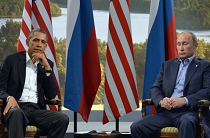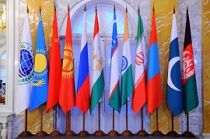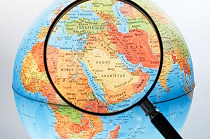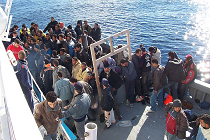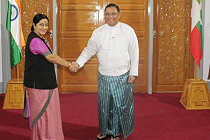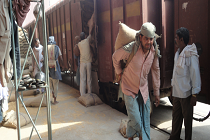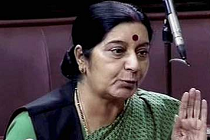India must push anti-terror compact
With the growth of the Islamic State and of terrorist groups in Africa and other parts of the world, global coordination to combat terrorism is imperative. Prime Minister Narendra Modi has urged the UNGA to adopt the Comprehensive Convention on International Terrorism, but divergent national interests remain a hurdle




